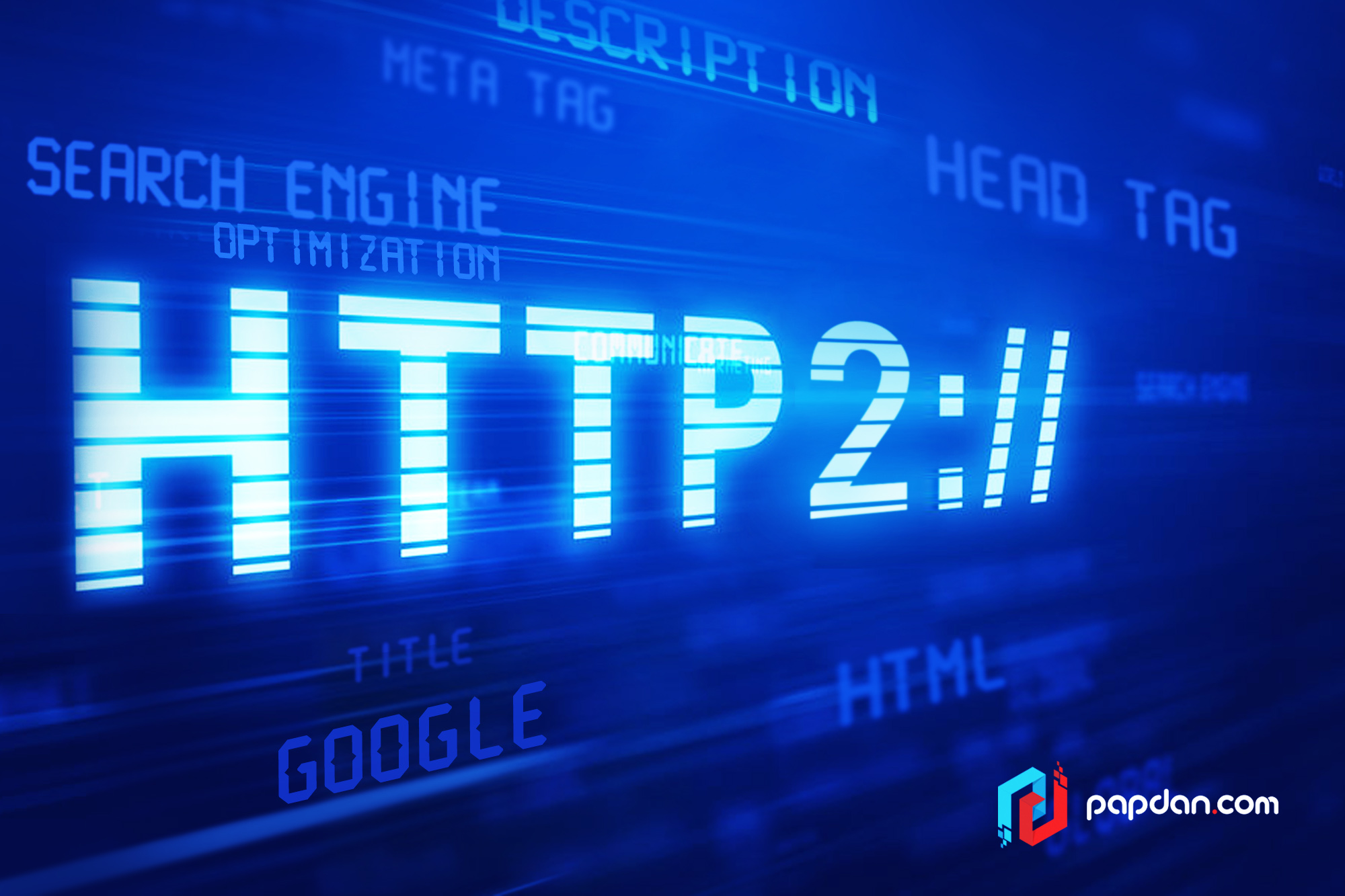Related to the new launching of HTTP 2, many SEO analysis’s has predicted that this will bring some impacts on SEO service since the two biggest changes are that the protocol did away with a lot of redundancy in the headers and it allows for multiplexing, or requesting multiple files at the same time.
More than 50% of websites now loading 75 or more files, according to HTTP archive, multiplexing is a huge boon to newer websites that typically rely on more files. This changes makes it possible for your website to load faster, however, if your browser doesn’t support HTTP/2, it will downgrade the connection to HTTP/1.1. So, make sure that your browser supports this new protocol.
Furthermore, the one caveat to this is most major browsers only support the HTTP/2 protocol over a secure connection, so if it is not secured enough, you’ll need to make the switch. However, today there are many hosts, such as CDNs, and other entities now provide free TLS certificates which can help to reduce the cost.
- Does HTTP 2 Affect Your SEO?
According to the recent news, there will be another protocol, which is named HTTP2 and it is stated that Googlebot will support HTTP/2. Even though, there is no straight statement related to this changes, but one thing for sure is that Googlebot never supported SPDY. Google’s announcement of support for HTTP/2 shows that they will likely be adding more user experience indicators to algorithms or, at the very least, adding HTTP/2 as a ranking signal this year. Even this doesn’t affect your website rankings directly, but in the long run, it will better serve you with having a faster website, and according to my quick test from LoadImpact.com, it will reduce a website loading time for 40 seconds.
- What Else Should SEOs Have on Their Radar?
I think that the IETF will standardize QUIC (another protocol by Google) within the next few months. The biggest advantage to this is the protocol runs on top of UDP instead of TCP. QUIC actually improves multiplexing. A single packet dropped in HTTP/2 can cause an overall delay, whereas the same packet dropped in QUIC will only delay one stream. Moreover, HTTP/2 will reduce what is called head-of-line blocking, since a single packet dropped in HTTP/2 can cause an overall delay, whereas the same packet dropped in QUIC will only delay one stream. To repeat connections and establish connections faster than HTTP/2, QUIC actually has 0ms round trip times. Besides, there will be some serious advantages for streaming video. There are many people who use Google is really QUIC on some of their services, such as Youtube. In fact, there is 30% less likely to experience video buffering for Youtube.
Therefore, it will be better to understand that updating to HTTP/2 is as simple as updating your software and in addition it will provide additional speed to your site which will be good for your users.

